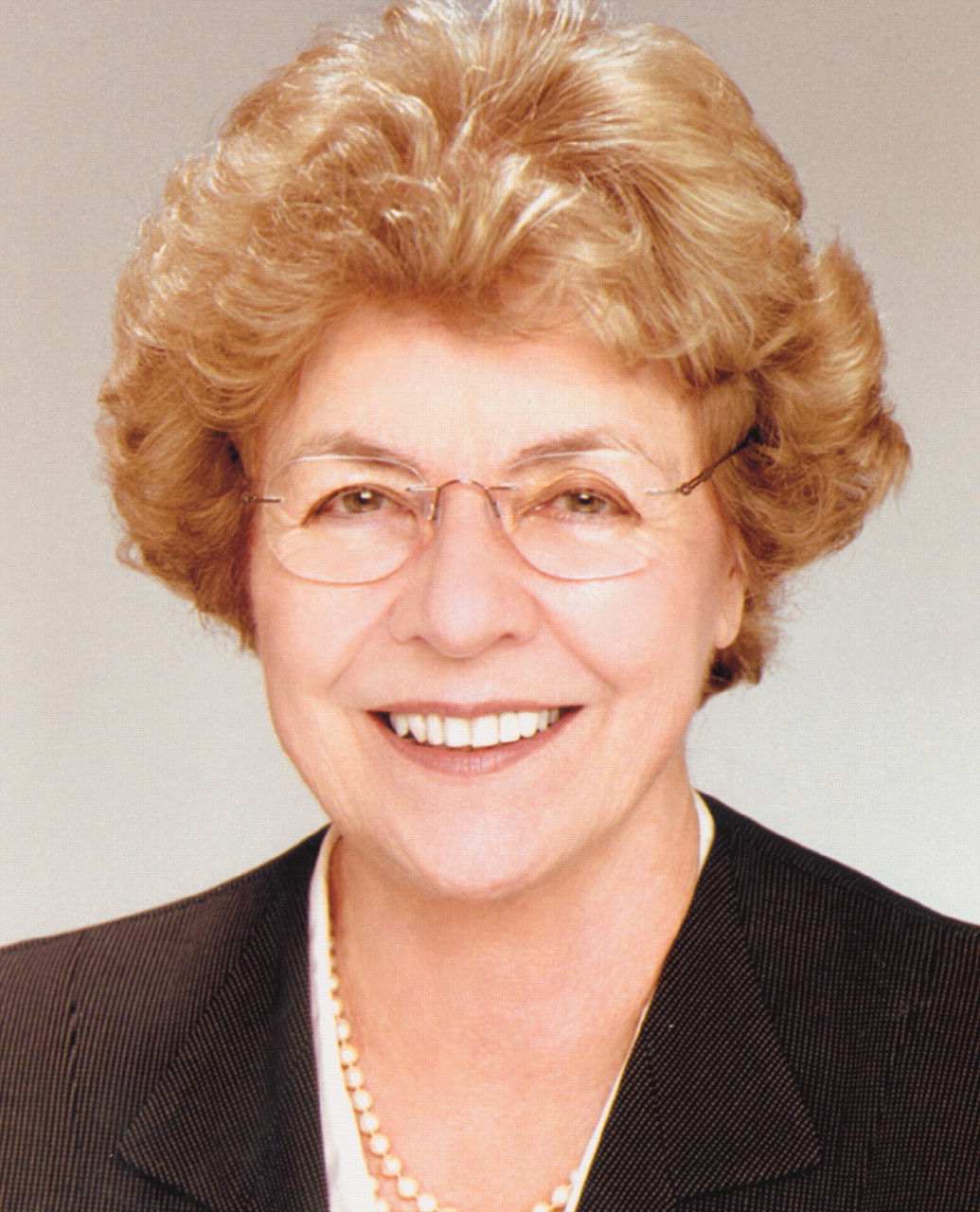APA Stands Strong In House of Medicine

Picture for yourself the opening ceremonies. On the podium are APA members Jeremy Lazarus, the AMA vice speaker; David Fassler, chair of the Convention Committee for Rules and Credentials; and Jeff Akaka, an alternate delegate from APA, reading a letter of welcome from his uncle, U.S. Sen. Daniel Akaka. Yes, in today’s world, psychiatry has its rightful place—front and center—with the rest of medicine.
The meeting’s focus was legislation and advocacy. Many of the panel presentations, proposed actions, and reference committees reflected the reality that the issues with which we in psychiatry struggle are common concerns for medicine as a whole.
Scope of practice is one such item. The dangerous effect on the care and safety of all patients surrounding the psychologist-prescribing law in New Mexico is well recognized. This law sets a dangerous precedent for many areas of medicine. If the same inadequate training hours and clinical supervision were approved for surgery, internal medicine, or other specialties, the future would be frightening. Technicians lobbying to perform colonoscopies or provide chemotherapy for cancer patients and physician assistants requesting the authority to operate dialysis centers are examples of the patient safety issues that are at stake. Already in Oklahoma optometrists are licensed to perform laser eye surgery.
Consequently, it was no surprise that “scope of practice” was the subject of one of the few half-day panel discussions. The panelists included Rep. Galen Fox, a member of the Hawaii state legislature; State Sen. Norman Sakamoto; Dunbar Hoskins, executive vice president of the American Academy of Ophthalmology; and Wendy Curran, executive director of the Wyoming Medical Society.
The legislators spoke of the value, and in fact imperative, of having continuing relationships and dialogues with one’s federal and state lawmakers long before there is the urgent need to lobby on specific issues. They also emphasized the importance of providing a united message that communicates in language that is understandable and meaningful for a lay audience.
Dunbar Hoskins and Wendy Curran described the current scope-of-practice challenges to ophthalmology and psychiatry. The large meeting room, filled with physicians representing many specialties, listened with intense interest to Wendy Curran as she detailed our success in defeating a psychologist-prescribing bill in Wyoming. The Wyoming Medical Society and the Wyoming Psychiatric Association—with assistance from APA’s Division of Government Relations—worked together on this critical issue. This collaborative working relationship was pivotal in the development of an effective strategy to protect patient safety. As she said, Wyoming is fiercely independent, as are most or probably all states, and outreach from APA was sensitive to the importance of shared, mutual understanding of that state’s needs.
The day-long meetings provided many opportunities to reinforce the commonalities of our medical advocacy agendas and underscored the importance of working in tandem on other issues on APA’s advocacy agenda. For example, family practitioners, pediatricians, internists, and other physicians treat patients with depressive illness and other psychiatric illnesses. Nondiscriminatory health insurance that includes treatment of substance use disorders becomes an important issue across many broad areas of medicine.
Our APA leadership was invited for a two-hour lunch meeting with the AMA leadership, including the chair and chair-elect of its board of trustees and the AMA’s immediate past president and president-elect (see Original article: page 20). It was an opportunity for free-flowing discussion of the advocacy issues common across the field of medicine.
Parity, privacy, and scope of practice were, of course, high on the agenda. The economics of health care and particularly the economic liability of untreated illness were common subjects. We outlined APA’s outreach to business, identifying the epidemiological data showing that untreated depression annually costs employers $24 billion in disability, lost work days, and reduced productivity. We also described our continued work through the National Partnership for Workplace Mental Health and the quarterly newsletter Mental HealthWorks. The AMA is initiating similar outreach efforts, and this was another area in which we can collaborate and reinforce each other’s work.
The meeting’s crowning event was a reception for legislators and more than 300 medical colleagues at the Waikiki Aquarium (see Original article: page 21). Twenty-two members of the legislature attended, as did the lieutenant governor. Discussions of important legislative issues were mingled with the enjoyment of seeing a vast array of colorful sea creatures.
Psychiatry is now a recognized and major force in the house of medicine. This has been achieved through the work of our members who have stood at the microphones, spent hours lobbying, worked in critical areas, and demonstrated to our assembled colleagues an appreciation of the scientific basis of our work and the importance of wise and judicious collaboration. ▪



